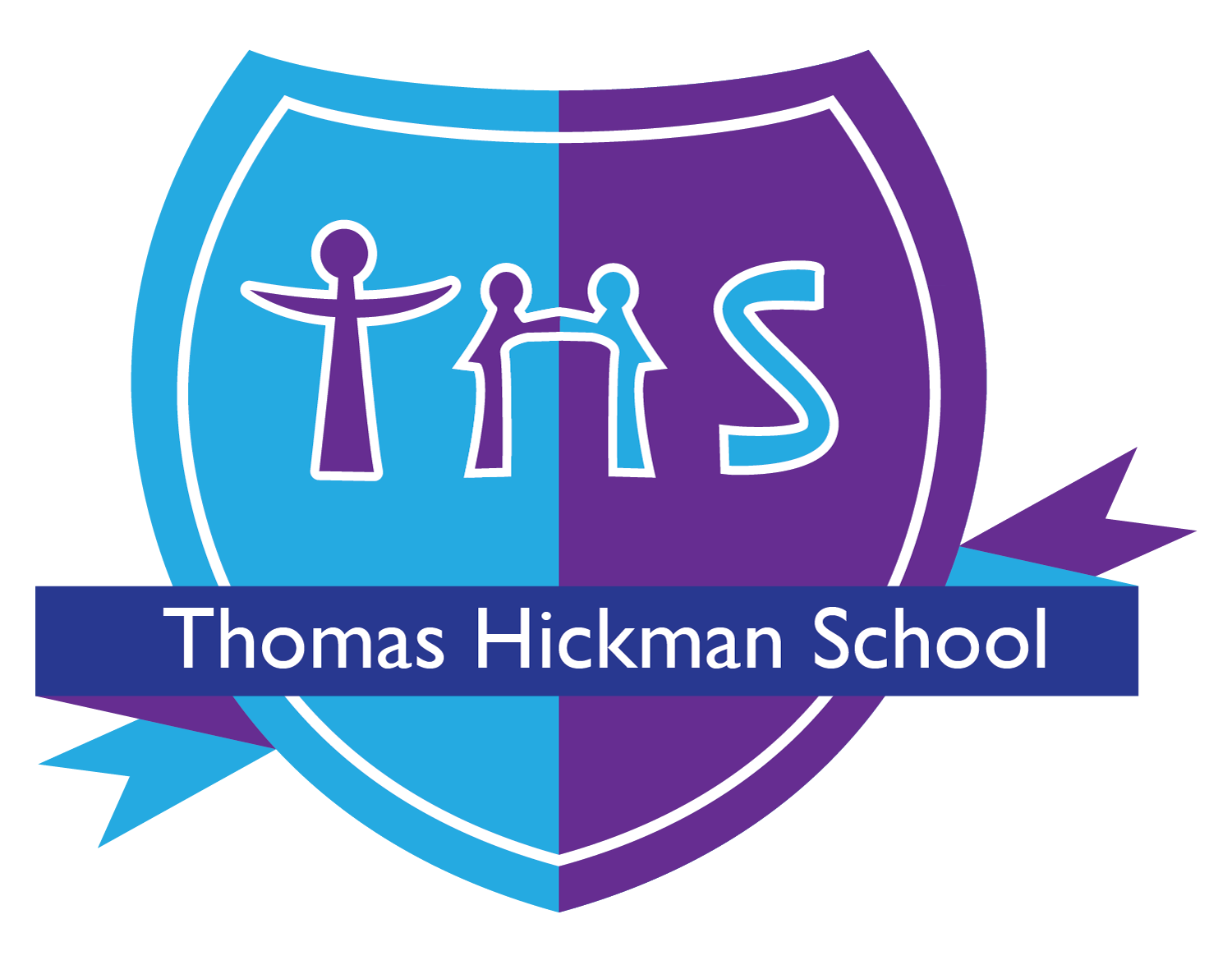Keeping Your Children Safe Online

Info For Home School Networks
Do You See What They See Online?
Since government restrictions have been put in place, Thames Valley Police has seen a large increase in the number of reports of online sexual abuse involving children and are urging parents to take this opportunity to have honest conversations about online safety with their children and to review privacy settings on the apps and social networks that they are using.
Online sexual abuse is any type of sexual abuse that happens on the web, whether through social networks, online gaming or using mobile phones. In some cases this involves children being groomed or exploited by an adult.
Any child or young person that uses the internet or has a smartphone could be a victim of online sexual abuse and they can be at risk from people they know, as well as from strangers. Those they are speaking to online may not be who they say they are.
The signs of online sexual abuse can be hard to spot and in these unprecedented times it is possible that these changes in behaviour may be mistakenly attributed to the change of circumstance or routine in which we all find ourselves.
These signs include; hiding computer screens or taking phone calls away from others, being secretive about what they’re doing and who they’re talking to, sudden personality changes or mood swings, engaging less with family and their usual friends and referring to a ‘new friend’ but offering limited information about them.
To support parents and educators during COVID-19, the National Crime Agency’s Child Exploitation and Online Protection command are producing fortnightly activity packs to help discuss staying safe online with your children.
These resources contain two 15-minute activities for four different age groups to ensure that they are age-appropriate. You can find the packs for 4-7-year-olds, 8-10-year-olds, 11-13-year-olds and over 14s at www.thinkuknow.co.uk
Now is a good time to review the privacy settings of the apps that they are using with them and explaining the importance of putting these in place. Social media and games with chat functionality can be used safely, providing the right precautions are taken. Advice and guidance for over 60 of the most popular apps and games have been created by the NSPCC and O2 and can be found at www.net-aware.org.uk
Article Aimed At Young People
Do You Know Who You’re Speaking To Online?
Staying safe online has never been more important than right now as we’re all spending more time on our phones, tablets, laptops and games consoles to stay in touch and keep our spirits up.
There is a risk with social media and games that have a chat option that someone that you don’t know could try to contact you, or add you as a friend or request to follow you. Remember, it’s ok to ignore their message or decline their request.
Thames Valley Police know that some criminals are using the lockdown to try and make contact with young people online, build up a friendship with them and then encourage them to do things that they don’t feel comfortable doing. Not everyone online is who they say they are, so don’t befriend people you don’t know.
Now is a good time to take a look at the privacy settings of the apps that you use. Check the default settings and make appropriate changes to keep yourself safe when you use them. Advice for over 60 of the most popular apps and games have been created by the NSPCC and O2 and can be found at www.net-aware.org.uk
If you are unsure about someone that you’re speaking to or if you see something online that makes you feel uncomfortable, unsafe or worried walk away from your phone or computer and tell an adult immediately. This could be a friend, your parent, one of your teachers, the police or Childline.
You can contact the police on 101 or by going online at www.thamesvalley.police.uk/contactand you can contact Childline by calling 0800 1111 or chat online at www.childline.org.uk
Short Newsletter Article
Do You Know Who Your Children Are Speaking To Online?
During lockdown, many of us are turning online to stay in touch and this goes for children as well as adults. Sadly, some criminals are using these extraordinary circumstances as a way to exploit and target young people when they are online.
Thames Valley Police have seen an increase in reports of online sexual abuse involving children since movement restrictions were introduced and are urging parents to take this opportunity to have honest conversations about online safety with their children and to review privacy settings on the apps and social networks that they are using.
To support parents during COVID-19, the National Crime Agency’s Child Exploitation and Online Protection division are producing fortnightly activity packs to help discuss staying safe online with your children. These age-appropriate resources, containing two 15-minute activities for each age group, can be found at www.thinkuknow.co.uk
Useful Links And Information
-
Background Information –online sexual abuse is any type of sexual abuse that happens on the web, whether through social networks, online gaming or using mobile phones. In some cases this involves children being groomed or exploited by an adult. Any child or young person that uses the internet or has a smartphone could be a victim of online abuse regardless of their age, gender or background.
-
Reports of online child sexual abuse in the Thames Valley area were 146% higher in March 2020 in comparison with March 2019. We want to warn young people that those they are speaking to may not be who they say they are and to help parents and carers take action in protecting their children from falling victim to online sexual abuse.
-
Thames Valley Police campaign landing page https://www.thamesvalley.police.uk/police-forces/thames-valley-police/areas/c/2017/hidden-harm/online-child-abuse/
-
Ellie’s story - An account of a victim on online child abuse that was first used in our Hidden Harm campaign in 2018. https://www.youtube.com/watch?v=5rVx9-VnLX0
-
Thinkuknow - The education programme from CEOP, part of the NCA with advice and games focusing on staying safe online. https://www.thinkuknow.co.uk/
-
To support parents during COVID-19, Thinkuknow are producing fortnightly activity packs, tailored to four different age groups https://www.thinkuknow.co.uk/parents/support-tools/home-activity-worksheets
-
Net Aware – a collaboration between the NSPCC and O2 with advice and information on a variety of social networks, apps and games www.net-aware.org.uk
-
NSPCC – adult helpline: 0808 800 5000, Childline: 0800 1111. They have received funding from the government to support their helpline during the COVID-19 pandemic www.nspcc.org.uk
-
Apps to focus on – we will be focusing our attention on securing children on Snapchat, Whatsapp, Instagram, Kik and Omegle as these are the most prevalent apps that we are seeing in reports of online child sexual abuse.
App Information
1. Snapchat
Snapchat lets you send pictures or short videos to friends – they disappear after being viewed but can be screenshotted. Users can also post stories which can be viewed by their contacts and last for 24 hours.
Top tips for Snapchat:
-
Check that ‘who can contact me’ is set to ‘my friends’ and not ‘everyone’
-
Check that only friends can view stories
-
Turn off ‘see me in quick add’ so that friends of friends, who they may not know, can’t add them
-
Turn on ghost mode in Snap Maps so that others can’t view their location
Show your child how to report content that they’re not comfortable with and how to block or report users.
Internet Matters have produced a video with step by step instructions on how to check these settings.https://www.youtube.com/watch?time_continue=56&v=EWzvUFcOhF8&feature=emb_logo
2. KIK
Kik is a messaging app that allows users to send messages, pictures and videos in individual and group chats. These group chats can be private or public, and users can also video call friends in the app.
Top tips for Kik:
-
Encourage them to pick a username that’s hard to guess – that way people will have to ask for their username before they add them
-
Discourage them from using the ‘meet new people’ feature which allows them to enter into anonymous, unmoderated chats with random users
-
Discourage them from sharing their Kik code on other social media sites where they might have public profiles
Show your child how to report content that they’re not comfortable with and how to block or report users.
Kik have produced a guide for parents: https://www.kik.com/uploads/files/Kik's%20Guide%20for%20Parents%20-%20February%202017.pdf
3. Instagram
Instagram is a picture and video sharing app. Users can post pictures to their feed or add them to their story, which stays up for 24 hours.
Top tips for Instagram:
-
Check that their profile is set to private
-
You can filter comments to automatically block comments or messages containing certain words
-
You can also block comments from specific users
-
You can edit story settings so that only selected ‘close friends’ can view stories
Show your child how to report content that they’re not comfortable with and how to block or report users.
Internet Matters have produced a step by step guide on how to check these settings: https://www.internetmatters.org/blog/parental-controls/social-media/instagram/
4. Whatsapp
Whatsapp is a messaging app that allows users to send messages, photos, videos and their live location with individual and group chats.
Top tips for Whatsapp:
-
Turn off the live location feature
-
You can edit the profile picture and status settings so that these can only be seen by contacts, or by nobody
-
Use the ‘blocked contacts’ feature to block specific people from being able to contact them
Show your child how to report content that they’re not comfortable with and how to block or report users.
Internet Matters have produced a video with step by step instructions on how to check these settings.https://www.youtube.com/watch?v=uB00VSPUPB4&feature=emb_logo
5. Omegle
Omegle is a virtual chatroom which connects users to other users at random. Once connected, users can chat via text, audio or video.
Talk to your child about the dangers of giving out personal information such as their age, their location or their full name to people that they don’t know.
Video chat has three different options – moderated, unmoderated and adult. Unmoderated and adult ask the user to confirm they are over 18, but this information is not checked.
Think U Know has produced this parent’s guide to Omegle: https://www.thinkuknow.co.uk/globalassets/omegle-parents-guide.pdf
